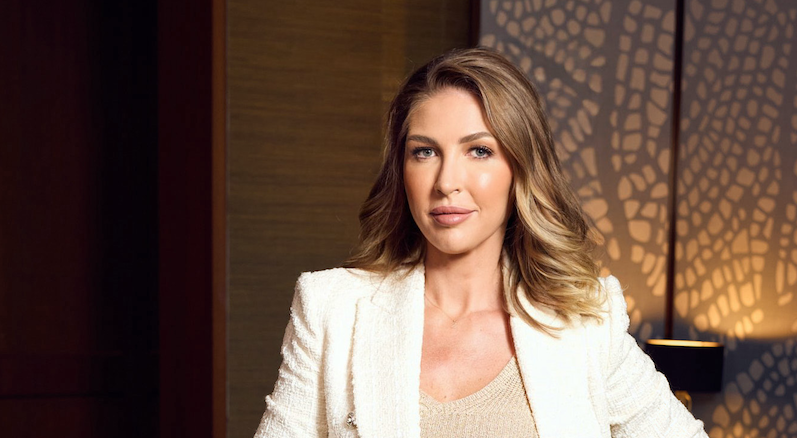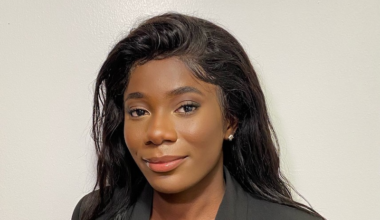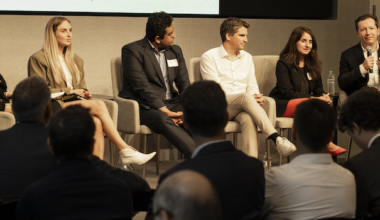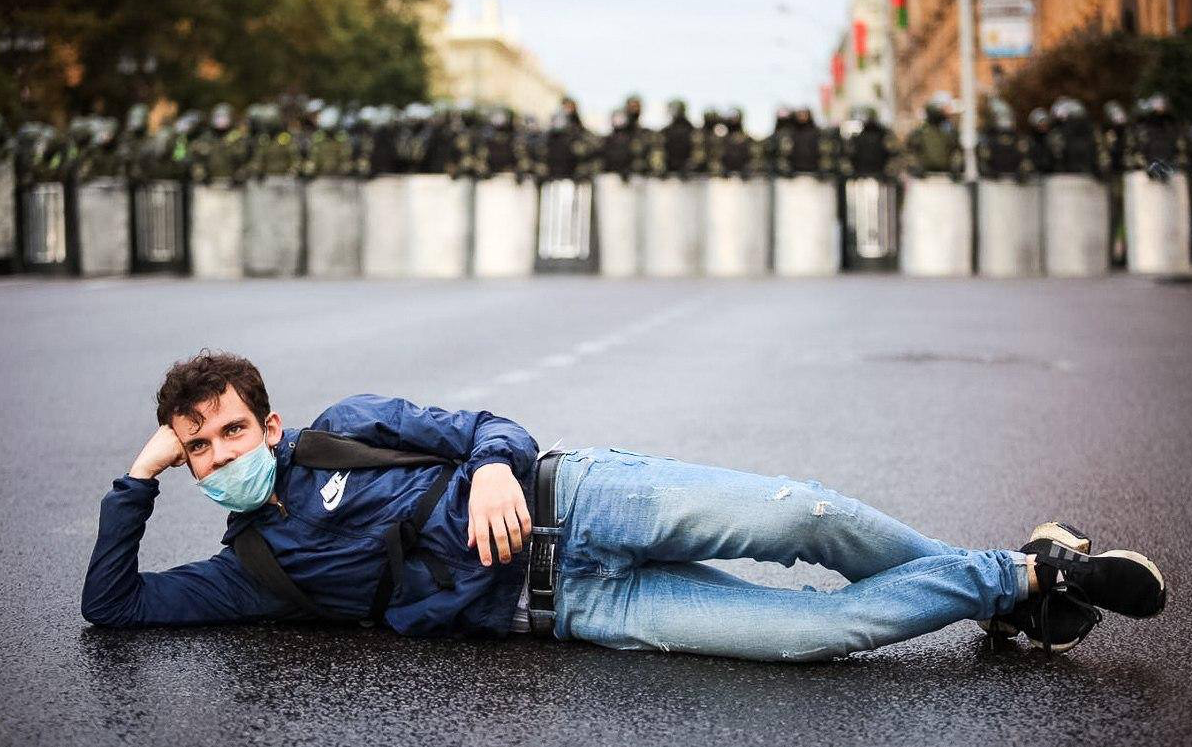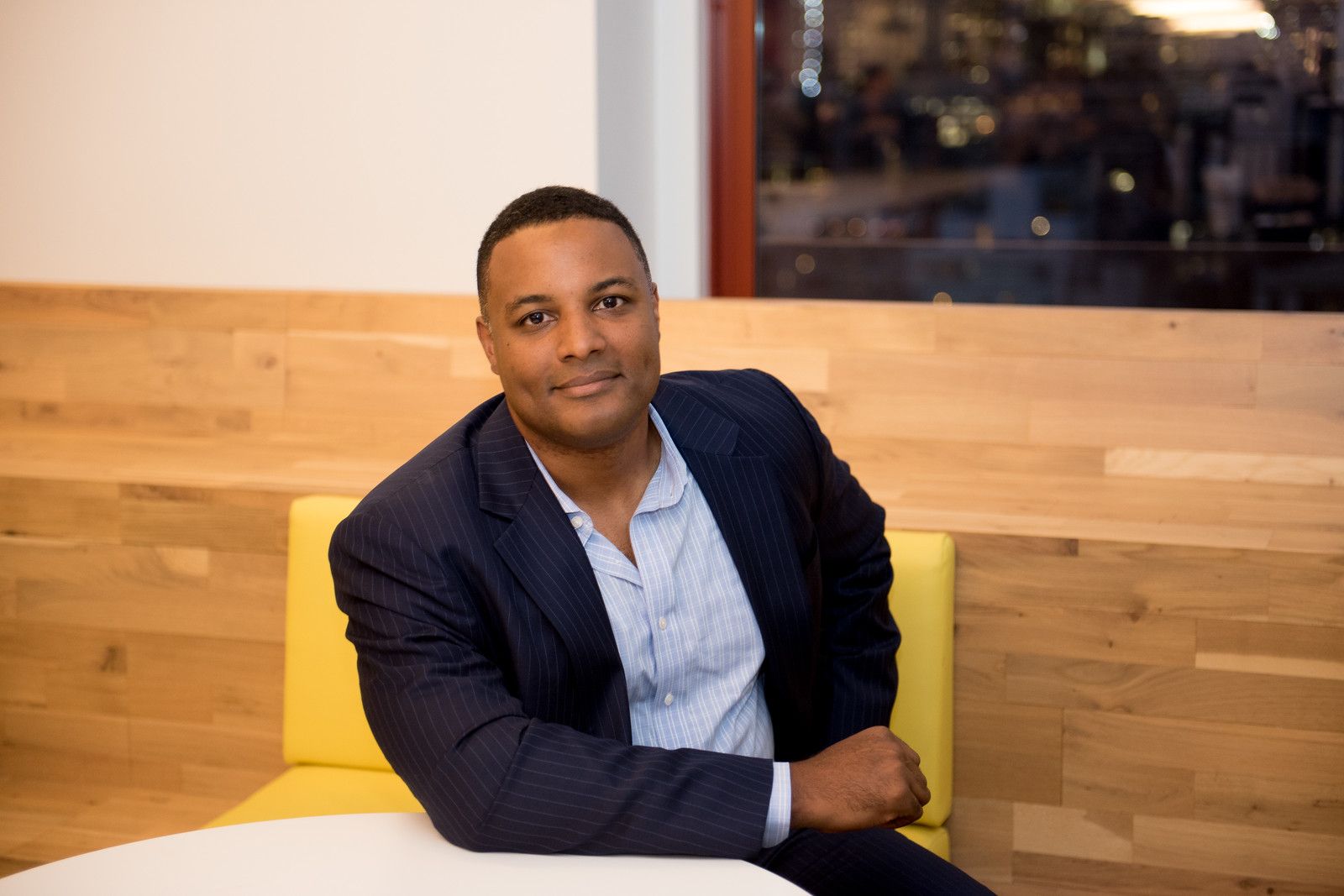By the time Olga Ayo arrived in Miami to study international arbitration, she had three MA degrees from the EU and spoke five languages fluently.
“I had wanted to be a lawyer since I discovered a criminal code book in my parents’ cabin at the age of eight,” she said. “But there was a lot of corruption in Slovakia after communism; spots to study at law schools were mostly reserved for the children of lawyers.”
A long way to a law degree
It took Olga a while to get where she wanted to be. First, she graduated in economics and business administration from two universities in Slovakia and Hungary. Eventually, she was accepted into law school. Later, Olga gained professional experience in Turkey, Austria, and Hong Kong.
Despite her international experience, she came up against culture shock when moving to the U.S., which is recognized as the global center of international arbitration.
“The American approach to education was totally different and required memorizing an overwhelming amount of information,” she said. “During the first six months I was solely focused on studying. And since I figured it out, everything became much easier.”
Olga’s social life also kicked off. “I met my now ex partner and became pregnant, but the relationship didn’t work out.” When she gave birth after graduating, Olga was on her own — with no immigration status or income.
“I didn’t even have a work permit,” she said. “I only had myself, the newborn, and a dog. Then COVID hit and made things even worse.”
Several immigration attorneys with whom she consulted couldn’t offer an acceptable solution. While lawyers rarely picked up her calls they promptly sent invoices for billable hours.
Exhausted by the experience, Olga decided to rely on her legal background and do things her way. She succeeded, against the odds.
A different kind of attorney
When Ayo established her legal practice, Citizen Concierge, she decided to be a different kind of attorney — the one who picks up the phone and provides transparent pricing.
“My clients call and text me on weekends, at 6 a.m. or 5 p.m., and they always get an answer within 20 minutes,” she said. “I make sure there are no extra charges or hidden fees and always look for the easiest solution. I prefer not to recommend non-immigrant visas, since they involve the same amount of paperwork as green cards but only offer a temporary result.”
She says that the requirements for skilled workers are becoming more complex every year, since family immigration is straining the system. Her preferable options for entrepreneurs with exceptional background and education are EB-1, EB-2, and EB-3 visas.
“The U.S. has very high immigration numbers that they need to control,” she said. “That’s why the startup visa hasn’t been introduced. Now the focus is on accepting educated, exceptional people who can boost the economy.
Digitalizing immigration
Recently, Olga developed new software to simplify the visa application process and reduce costs for straightforward family immigration cases.
It took her about a year to perfect its operation. The digital forms had to be identical to the USCIS forms, and the design and formatting were the most challenging technical issues.
“People are pretty scared of the U.S. immigration: they’ve heard horrific stories, but a small portion of clients are brave enough to file for themselves.”
Olga’s hands-on approach to learning and problem-solving serves as an inspiration to others. One of her daughter’s nannies became a paralegal and joined Ayo’s firm.
“She is also an immigrant, very smart and educated, but couldn’t find work,” Olga said. “I knew my nanny, Alejandra, has the capacity to learn so I started training her.”
The question of security
Olga’s new venture, Sentinel, is an app and marketplace connecting security service providers and users. The idea emerged after Ayo couldn’t find a reliable firm to care for her own child.
“To hire a security professional, you have to do a Google search and file an inquiry,” she said. “If you receive an inflated quote, you have to start all over.”
Sentinel is still a work in progress, but once the app is developed, it will be able to deliver security service in two clicks. “Miami has a huge need for this. Many high net worth individuals provide security for their children even at playgrounds.”
Olga designed the platform’s structure and features and is currently fundraising for the app development.
“It’s a bit overwhelming for me as a woman and a single mother to manage a few businesses,” she said. “Achieving a balance in my life remains elusive, but I take comfort in knowing that I’m always there for my daughter.”
DISCLAIMER: The Vertical’s event “What moves the needle” was sponsored by Citizen Concierge.
